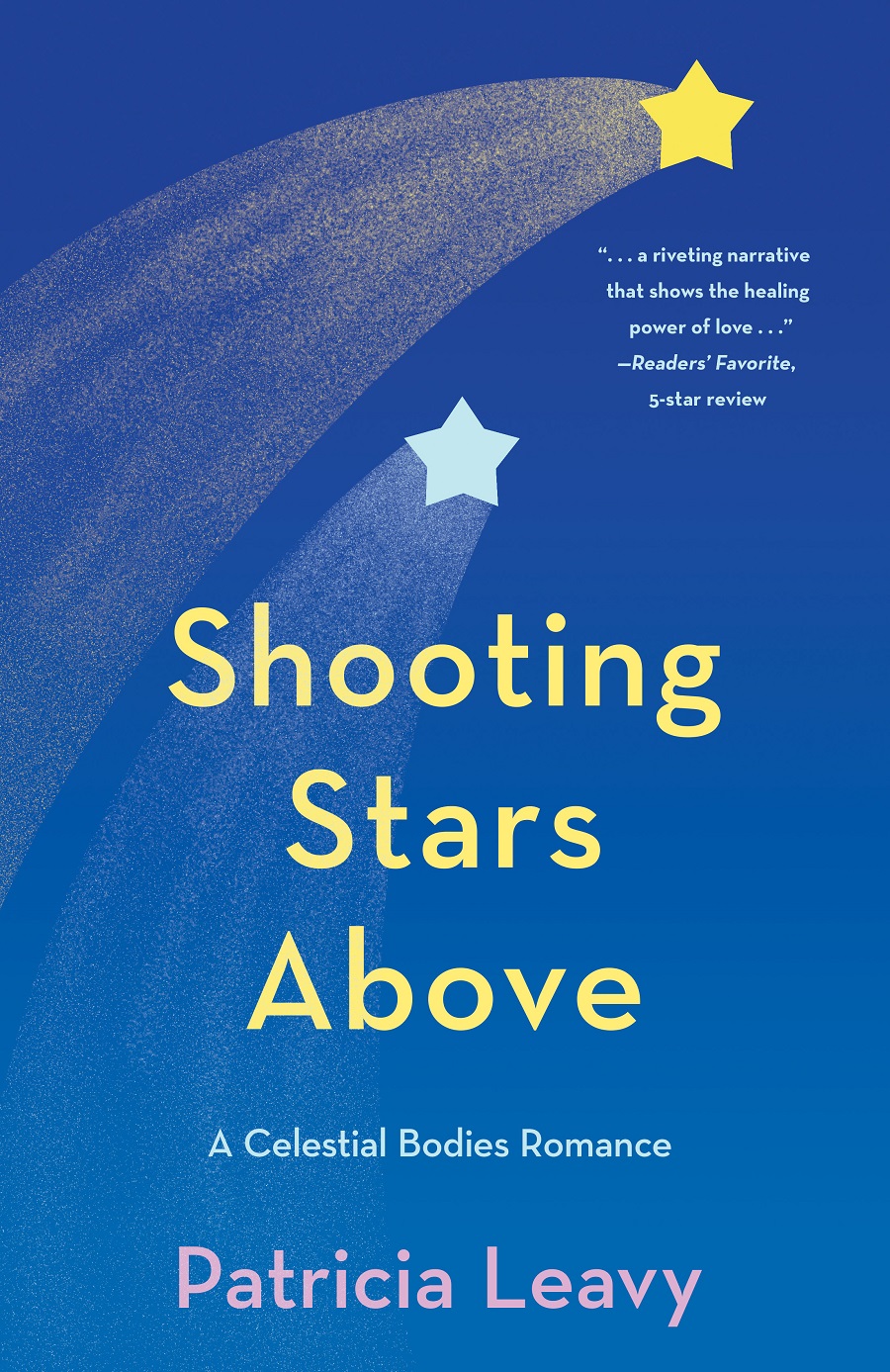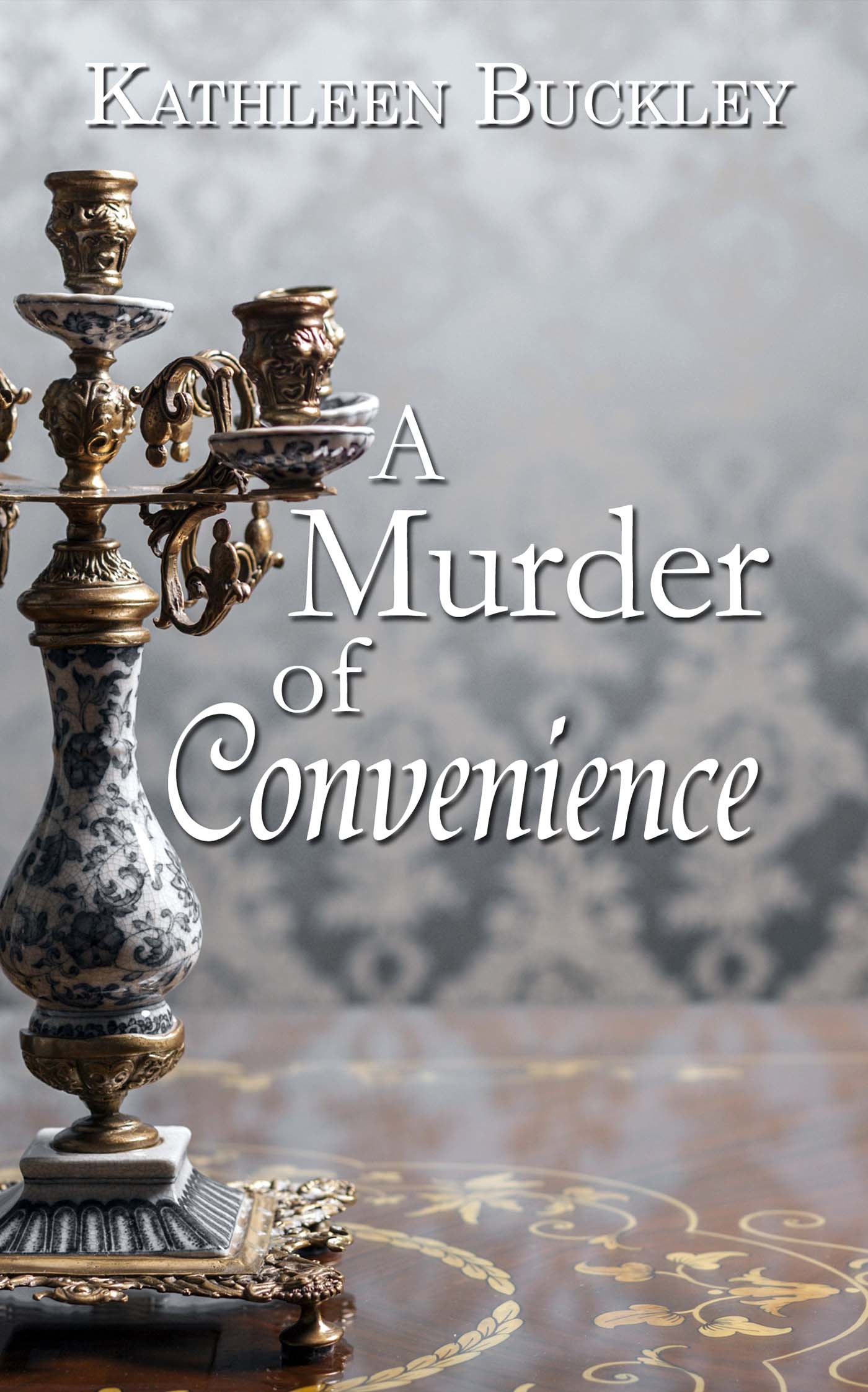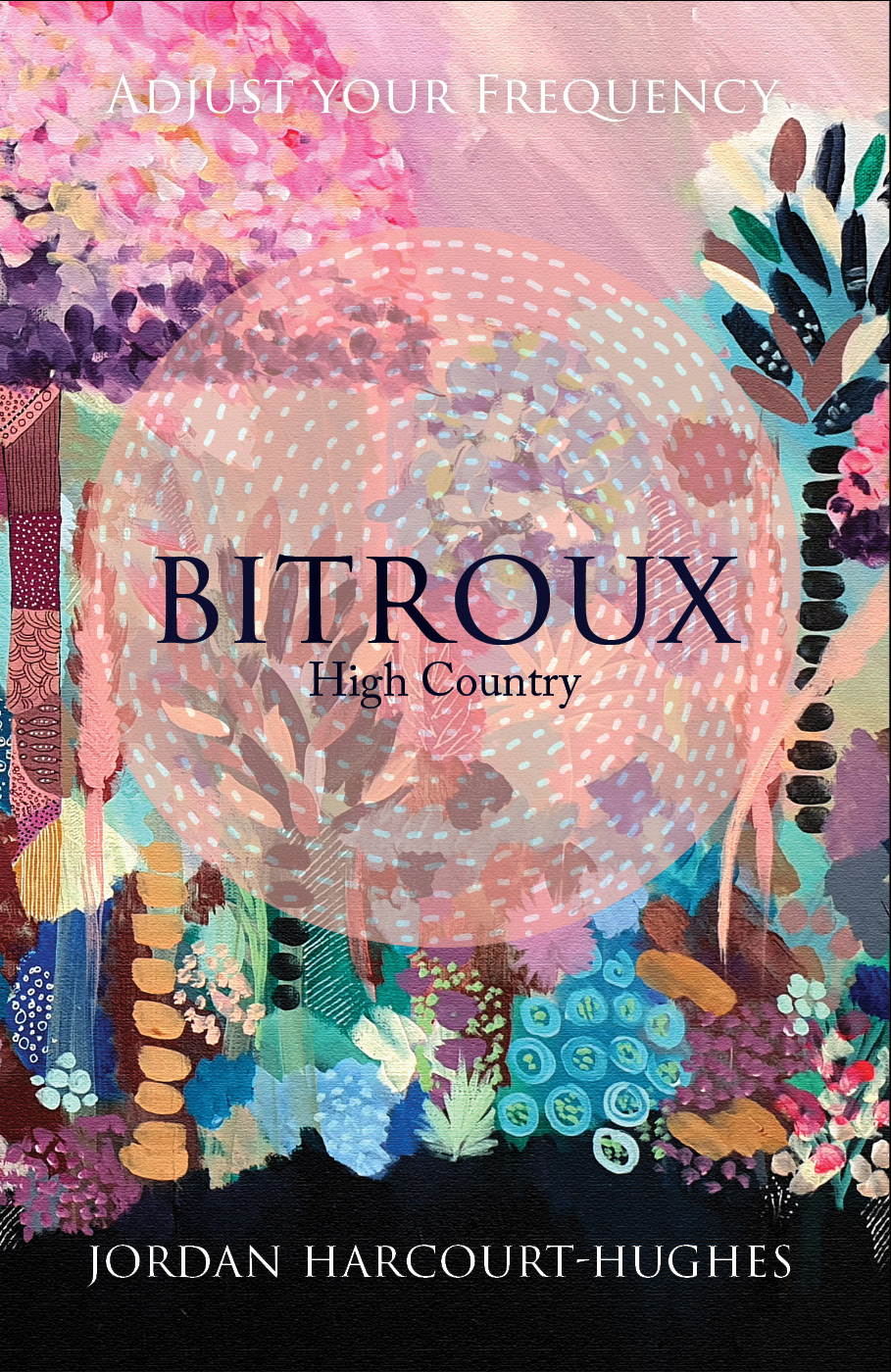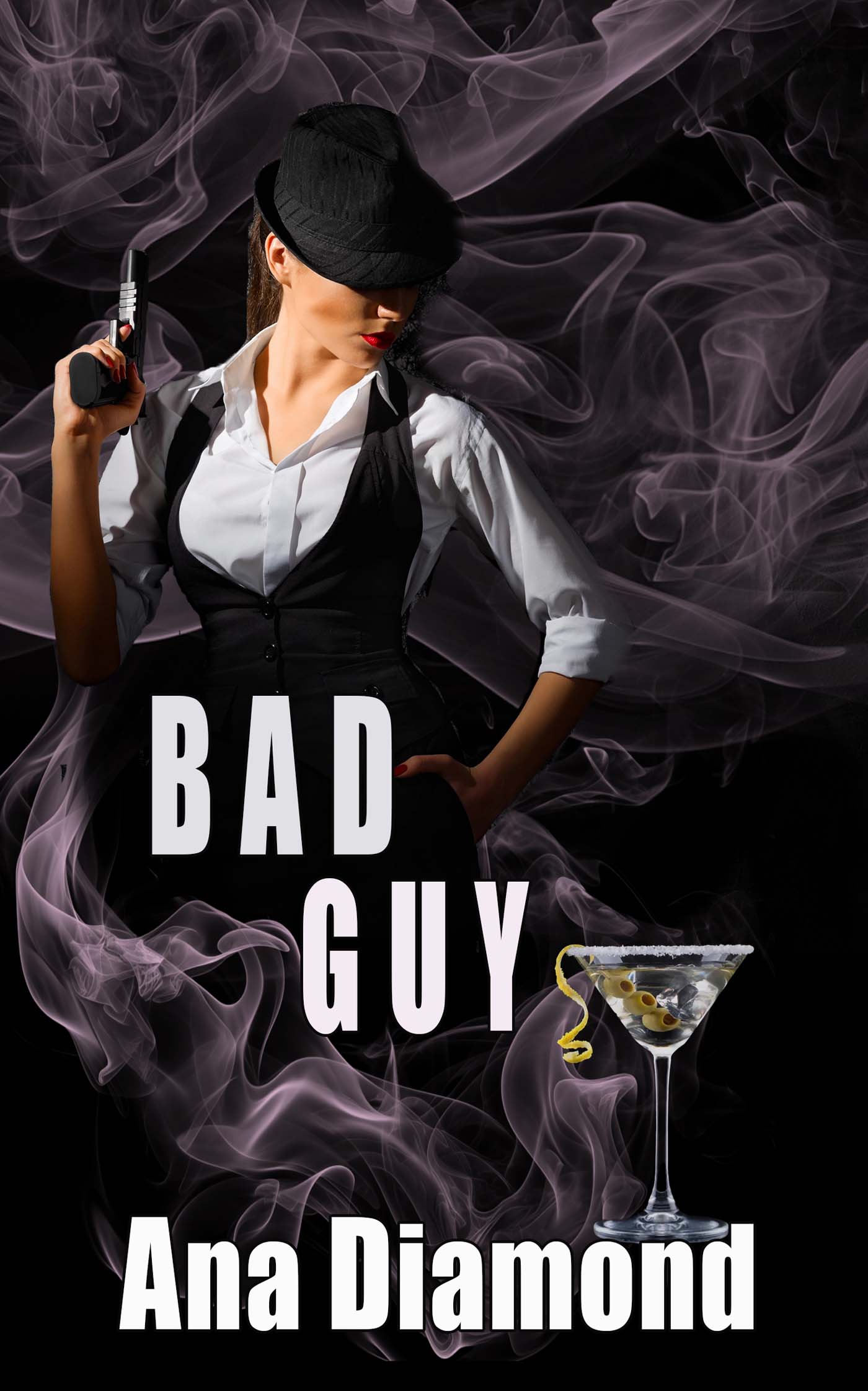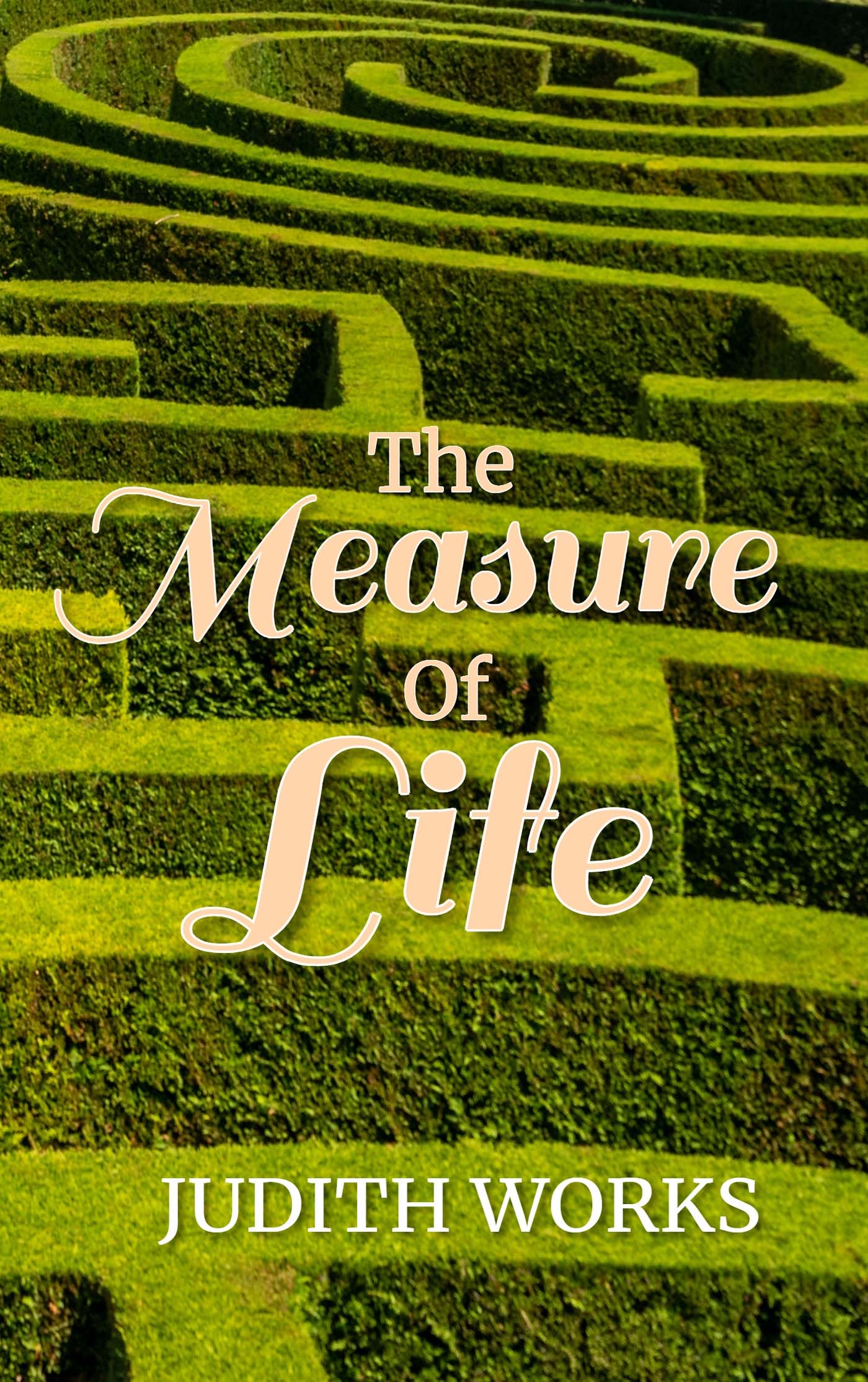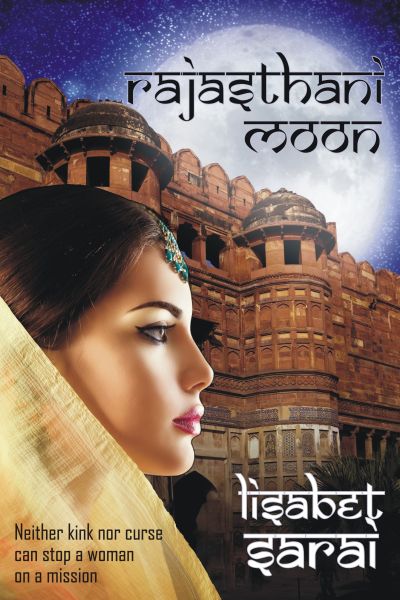
This post is part of a virtual book tour organized by Goddess Fish Promotions. Archer Miller will be awarding a $25 Amazon/BN GC to a randomly drawn winner via rafflecopter during the tour. Click on the tour banner to see the other stops on the tour.
Even if fantasy is not counted, science fiction is split into a number of fragmented sub-genres. At least one list had 48 separate sub-genres under the heading science fiction. Something I believe they should all have in common is, of course, science.
Holding on to some reasonable contact with actual science creates a feeling of plausibility for the reader that make the suspension of disbelief easier to maintain. Doing this, however, places a burden on the writer to do his (or her) homework. You must start by asking questions such as: Is faster than light travel a possibility? Are their Earth-like planets out there somewhere? What is a black hole? Are there parallel universes? And so on. Then you must find the answers.
Two of my favorite writers were exceptionally good at this. Robert Heinlein asked questions like: Is it possible for man to live forever? What would it be like to settle a new planet? What is the basic nature of man? How can we overcome our limitations? These became central themes to much of his work.
Anne McCaffrey wrote a 22 book series after asking the question: Are dragons possible and how? She also asked how would a human society, under extreme duress, reorganize itself after being cut off form its past and its technology.
Douglas Adams simply asked: What is the answer to life, the universe and everything? Which we now all know is 42. He also postulated that in an infinite universe anything is possible.
These and other “what ifs” are the jumping off points to great fiction. But it isn’t enough simply to ask the question. As writers we must find a possibility where the answers also exits. Like Heinlein I like to ask what is next for mankind. When and where will be take the next evolutionary step and what are the possibilities. The answer MUST be based on actual science in order to get the reader to buy in.
This is the quality that drives my good friend and writing partner, Skip Miller, up the wall. Every time he presents me with an idea for what he calls a simple little story, I start picking it apart and asking those irritating questions. It isn’t that I dislike his ideas. It’s simply my job to ask.
So next time you find yourself stuck for a great idea for a story start asking yourself questions that start with “what if…”
Humanity has spread to the far reaches of space with The Golden Door, a planetary colonization monopoly, selling off every desirable and not so desirable planet to desperate settlers.
Each new world comes with new challenges, and to meet that challenge the children are evolving.
When Pieter, and other gifted children like him, become the target of government research they must fight not only for their lives but the future of their kind.
Enjoy an Excerpt
Pieter’s eyes opened, but it was an exercise in futility. There was nothing but darkness for him to see. He knew he was awake because of the lancing pain running down his back and across his chest; the cover on his head was stifling and smelled of sweat and blood. He was upright in some sort of chair but he was unable to move. The back of the chair was straight and hard, and he was bound to it with his arms pinned behind his back. He struggled to breathe. His chest was stretched as his shoulders pressed into the chair behind him. A cry of pain rose in his throat, but he clamped his mouth tight to hold it prisoner.
As he gasped for air and strained to ease the pain in his chest and back, a voice from beyond the pain alerted him to another presence.
“Suka is awake.”
“Good. I want this suka blyad to remember this.”
With no way of knowing or seeing its approach a hand struck his face, slamming the back of his head against the hard chair. He could stop the scream, but not the tears that rained from his eyes.
“Little boy want to play,” the voice taunted him.
Something hard crashed into his stomach, forcing the air from his lungs. He tried to breathe, but was unable. What do they want from me?
A second fist slammed into the side of his face, whipping his head to the right.
“Don’t kill him,” the first voice warned.
“I won’t. But he’ll wish I had.”
About the Author: Archer Miller emerged from the East Texas hill country and set his sights on finding the life of which few of his contemporaries dreamed. In 1974, he migrated to Boulder, Colorado to enroll at the Naropa Institute – now known as the Naropa University, a tiny Liberal Arts college founded by the renowned Tibetan Buddhist scholar and lineage holder, the Ven. Chogyam Trungpa Rinpoche (1940-1987). Rinpoche was enormously influential in spreading the teachings of Tibetan Buddhism to the West.
Archer Miller emerged from the East Texas hill country and set his sights on finding the life of which few of his contemporaries dreamed. In 1974, he migrated to Boulder, Colorado to enroll at the Naropa Institute – now known as the Naropa University, a tiny Liberal Arts college founded by the renowned Tibetan Buddhist scholar and lineage holder, the Ven. Chogyam Trungpa Rinpoche (1940-1987). Rinpoche was enormously influential in spreading the teachings of Tibetan Buddhism to the West.
Archer earned a degree in herbs and creative writing. He was a four-year Letterman on the Varsity Competitive Meditation Team.
After graduating in 1978, he took a year off to hike the Jack Kerouac literary trail. He became a top freelance gun-for-hire with dozens of ad agencies across the south and southwest. As a way to deal with the proliferation of Disco, he took up Zen Archery.
Buy the book at Smashwords or Amazon.

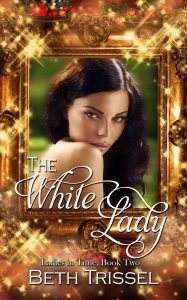 Avery Dunham has always been ready to follow her friend, time-traveling wizard, Ignus Burke, on incredible adventures. This time, though, she has serious misgivings. It’s just one week before Christmas, but she cannot get him to change his mind. The usually cool and collected magic-wielding leader is wholly obsessed by the portrait of the White Lady whom he is bent on rescuing.
Avery Dunham has always been ready to follow her friend, time-traveling wizard, Ignus Burke, on incredible adventures. This time, though, she has serious misgivings. It’s just one week before Christmas, but she cannot get him to change his mind. The usually cool and collected magic-wielding leader is wholly obsessed by the portrait of the White Lady whom he is bent on rescuing. Married to my high school sweetheart, I live on a farm in the Shenandoah Valley of Virginia with my people and furbabies. An avid gardener, I grow herbs and heirloom flowers and use them in my stories. The rich history of Virginia, the Native Americans, and the Scots-Irish are at the heart of my inspiration. My English/Scots-Irish ancestors were among the earliest settlers in America. I write historical romance set in the colonial frontier (The Native American Warrior Series), and the American Revolution (The Traitor’s Legacy Series), colonial American Christmas romance (A Warrior for Christmas) Georgian England romance (Into the Lion’s Heart, the time and place of Poldark). Some of my historicals have ghosts and paranormal in them. I also write Young Adult shapeshifter, fantasy romance (The Secret Warrior Series), and New Adult paranormal time travel, time slip romance to the Scottish Highlands, the American Revolution, the Civil War, WW1.. (My Somewhere in Time and Ladies in Time Series.)
Married to my high school sweetheart, I live on a farm in the Shenandoah Valley of Virginia with my people and furbabies. An avid gardener, I grow herbs and heirloom flowers and use them in my stories. The rich history of Virginia, the Native Americans, and the Scots-Irish are at the heart of my inspiration. My English/Scots-Irish ancestors were among the earliest settlers in America. I write historical romance set in the colonial frontier (The Native American Warrior Series), and the American Revolution (The Traitor’s Legacy Series), colonial American Christmas romance (A Warrior for Christmas) Georgian England romance (Into the Lion’s Heart, the time and place of Poldark). Some of my historicals have ghosts and paranormal in them. I also write Young Adult shapeshifter, fantasy romance (The Secret Warrior Series), and New Adult paranormal time travel, time slip romance to the Scottish Highlands, the American Revolution, the Civil War, WW1.. (My Somewhere in Time and Ladies in Time Series.)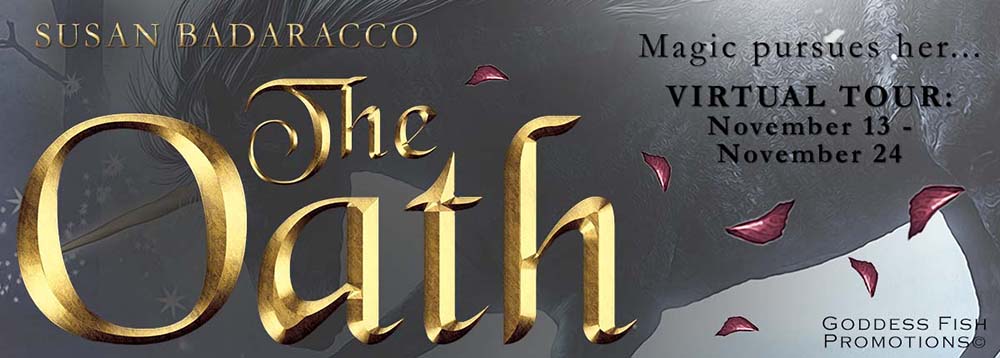
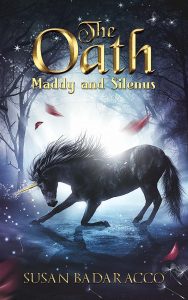 When her past merges with her present, Maddy is not sure what to think. Was that really an abduction she witnessed? Does she have the courage to find out?
When her past merges with her present, Maddy is not sure what to think. Was that really an abduction she witnessed? Does she have the courage to find out? Susan Badaracco is the author and independent publisher of The Oath: Maddy and Silenus.
Susan Badaracco is the author and independent publisher of The Oath: Maddy and Silenus. 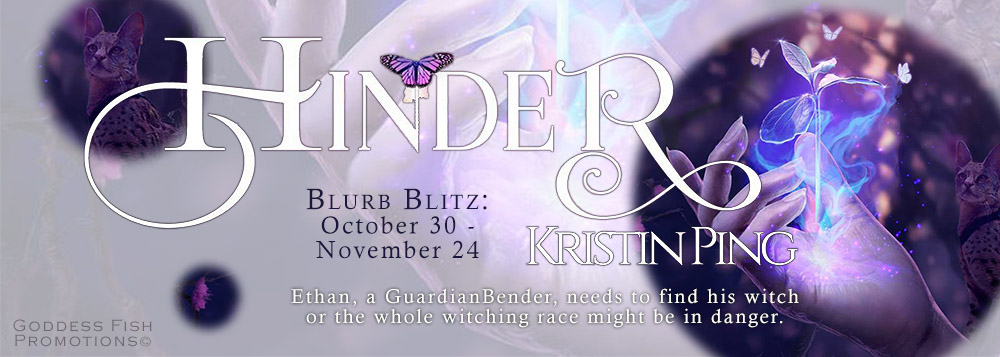
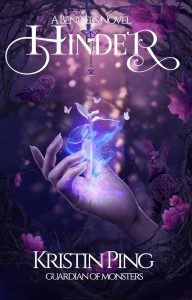 Ethan SUTCLIFF is no normal seventeen-year-old, but he tries to be really hard. He is what witches call a Guardian, or a the easier term will be a Bender. Benders are crucial to elemental witches as they have the ability to bend their witches’ gifts. In Alex’s case he is one of the rarest, an Earth Bender, but his witch is either dead or deep in hiding and Ethan needs to find whoever they are otherwise the witching race might be in danger.
Ethan SUTCLIFF is no normal seventeen-year-old, but he tries to be really hard. He is what witches call a Guardian, or a the easier term will be a Bender. Benders are crucial to elemental witches as they have the ability to bend their witches’ gifts. In Alex’s case he is one of the rarest, an Earth Bender, but his witch is either dead or deep in hiding and Ethan needs to find whoever they are otherwise the witching race might be in danger. Kristin resides in South Africa with her husband, two beautiful girls and two bulldogs that tries to eat her house. She has been writing for the past eight years and her first debut novel, Hinder: A Bender’s novel will be published 2018 by Fire Quill Publishing.
Kristin resides in South Africa with her husband, two beautiful girls and two bulldogs that tries to eat her house. She has been writing for the past eight years and her first debut novel, Hinder: A Bender’s novel will be published 2018 by Fire Quill Publishing.


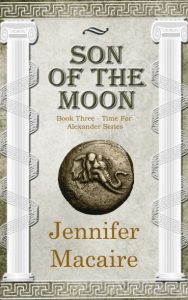 In Nysa, Alexander the Great and time traveling journalist Ashley find their abducted son Paul being worshiped as “the son of the moon”. Knowing she can’t change history and that Alexander’s kingdom will be torn apart when he dies, Ashley must make the terrible decision to leave her firstborn son in the sacred valley.
In Nysa, Alexander the Great and time traveling journalist Ashley find their abducted son Paul being worshiped as “the son of the moon”. Knowing she can’t change history and that Alexander’s kingdom will be torn apart when he dies, Ashley must make the terrible decision to leave her firstborn son in the sacred valley.
 From Scout Media comes A Haunting of Words—the third volume in an ongoing short story anthology series featuring authors from all over the world.
From Scout Media comes A Haunting of Words—the third volume in an ongoing short story anthology series featuring authors from all over the world.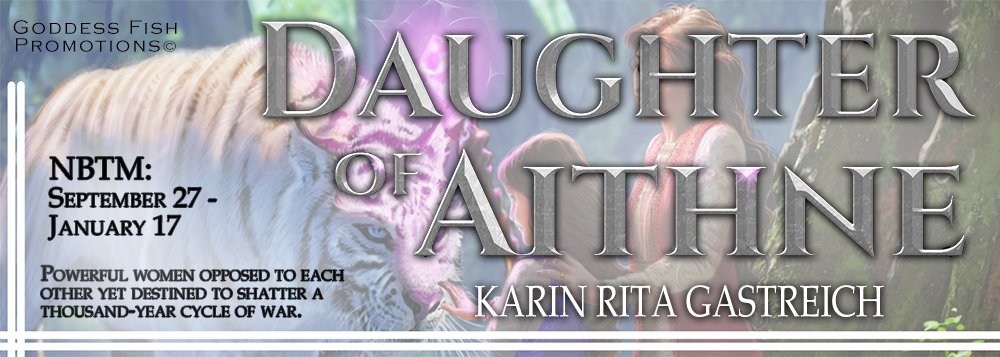
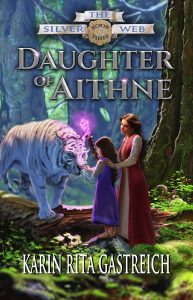 Betrayed by her own prodigy, Eolyn stands accused of treason. As power-hungry nobles dismantle her life’s work and honor, the desperate queen forges a risky alliance with the ruthless and cunning Mage Corey. Determined to defend her son’s claim to the throne of the Mage King, Eolyn prepares for her last and greatest battle, this time against her own sisters in magic.
Betrayed by her own prodigy, Eolyn stands accused of treason. As power-hungry nobles dismantle her life’s work and honor, the desperate queen forges a risky alliance with the ruthless and cunning Mage Corey. Determined to defend her son’s claim to the throne of the Mage King, Eolyn prepares for her last and greatest battle, this time against her own sisters in magic.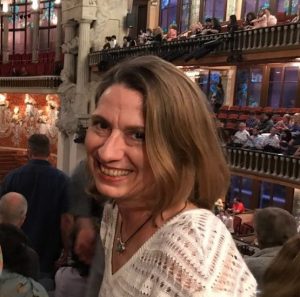 Karin Rita Gastreich writes stories of ordinary women and the extraordinary paths they choose. She lives in Kansas City, Missouri, where she is part of the biology faculty at Avila University. An ecologist by vocation, Karin has wandered forests and wildlands all her life. Her pastimes include camping, hiking, music, and flamenco dance. In addition to THE SILVER WEB trilogy, Karin has published short stories in World Jumping, Zahir, Adventures for the Average Woman, and 69 Flavors of Paranoia. She is a recipient of the Spring 2011 Andrews Forest Writer’s Residency.
Karin Rita Gastreich writes stories of ordinary women and the extraordinary paths they choose. She lives in Kansas City, Missouri, where she is part of the biology faculty at Avila University. An ecologist by vocation, Karin has wandered forests and wildlands all her life. Her pastimes include camping, hiking, music, and flamenco dance. In addition to THE SILVER WEB trilogy, Karin has published short stories in World Jumping, Zahir, Adventures for the Average Woman, and 69 Flavors of Paranoia. She is a recipient of the Spring 2011 Andrews Forest Writer’s Residency. 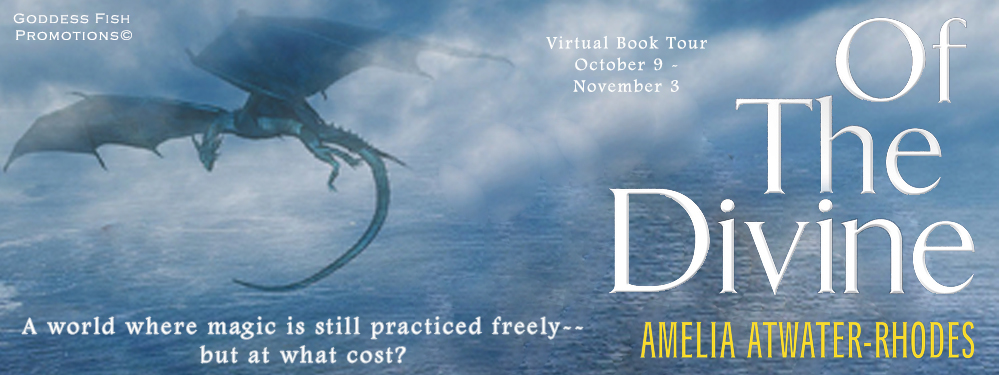
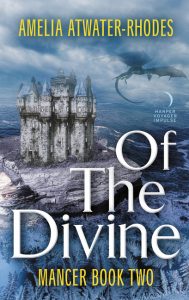 Henna is one of the most powerful sorcerers in the Order of Napthol, and her runes ’s runes tell her that the future of Kavet is balanced on the edge of the knife. The treaties between Kavet and the dragon-like race known as the Osei have become intolerable. The time has come for the royal house to magically challenge Osei dominion. Prince Verte, Henna’ lover, is to serve as the nexus for the powerful but dangerous spell, with Naples–an untested young sorcerer from the Order of Napthol–a volatile but critical support to its creation.
Henna is one of the most powerful sorcerers in the Order of Napthol, and her runes ’s runes tell her that the future of Kavet is balanced on the edge of the knife. The treaties between Kavet and the dragon-like race known as the Osei have become intolerable. The time has come for the royal house to magically challenge Osei dominion. Prince Verte, Henna’ lover, is to serve as the nexus for the powerful but dangerous spell, with Naples–an untested young sorcerer from the Order of Napthol–a volatile but critical support to its creation. Amelia Atwater-Rhodes wrote her first novel, In the Forests of the Night, when she was 13 years old. Other books in the Den of Shadows series are Demon in My View, Shattered Mirror, Midnight Predator, all ALA Quick Picks for Young Adults. She has also published the five-volume series The Kiesha’ra: Hawksong, a School Library Journal Best Book of the Year and VOYA Best Science Fiction, Fantasy, and Horror List Selection; Snakecharm; Falcondance; Wolfcry; and Wyvernhail.
Amelia Atwater-Rhodes wrote her first novel, In the Forests of the Night, when she was 13 years old. Other books in the Den of Shadows series are Demon in My View, Shattered Mirror, Midnight Predator, all ALA Quick Picks for Young Adults. She has also published the five-volume series The Kiesha’ra: Hawksong, a School Library Journal Best Book of the Year and VOYA Best Science Fiction, Fantasy, and Horror List Selection; Snakecharm; Falcondance; Wolfcry; and Wyvernhail.







